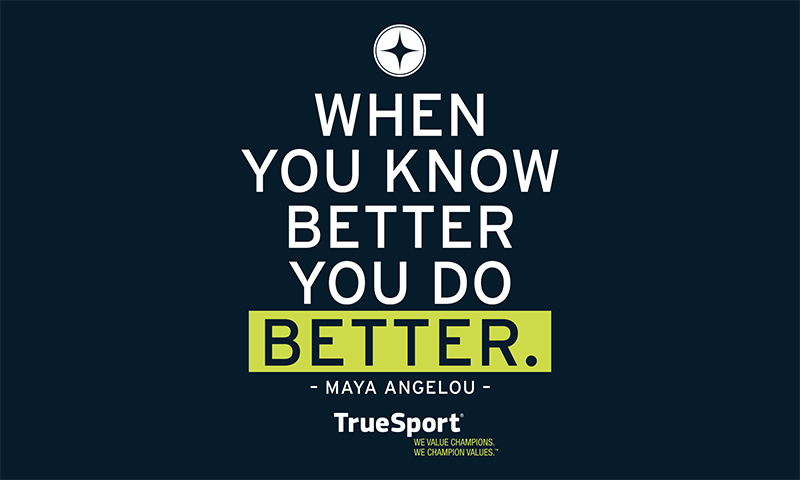
Grit: How to Get Back Up After Failure
Failures are guaranteed in life and in sport, but often times, the way coaches and parents respond to failure will make a big difference.
Resources for
Follow USAVolleyball
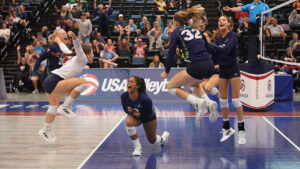 USA Volleyball Education is focused on improving developmental and educational opportunities across the sport of volleyball from grassroots to the national team level. Our goal is to provide the opportunity to access, complete and apply high-quality information and methods in the technical, tactical, physical and emotional aspects of the game for athletes and coaches while providing training, support and resources for other key stakeholders including officials, parents and clubs.
USA Volleyball Education is focused on improving developmental and educational opportunities across the sport of volleyball from grassroots to the national team level. Our goal is to provide the opportunity to access, complete and apply high-quality information and methods in the technical, tactical, physical and emotional aspects of the game for athletes and coaches while providing training, support and resources for other key stakeholders including officials, parents and clubs.
For years, the focus of volleyball in many areas and across various levels shifted to a mindset of winning at all costs.
What we now know is that the most successful teams in the world have developed a model of training and a culture that supports a holistic approach to athlete development which not only sets them up for competitive success on the court, but values and emphasizes the important of athlete health, well-being and long-term involvement in the sport.
The USA Volleyball Development Model was created based on the idea that volleyball in the U.S. could be taught differently, resulting in long-lasting positive outcomes across all measures of performance while keeping kids involved and loving the game longer.
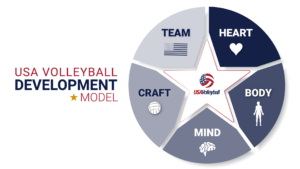
The five pillars of the USA Volleyball Development model provide the basis for a holistic approach to the core elements that are vital to supporting development at every level and across age groups.
USA Volleyball Education is committed to providing support for the volleyball community with a role-based approach to education and training. Whether you’re planning practices, cheering from the stands or making the right call, we provide the tools and resources to help you succeed.
USA Volleyball partner Sports Imports has provided USA Volleyball coaches with drills for use with their Trainer+ and The Vertec.
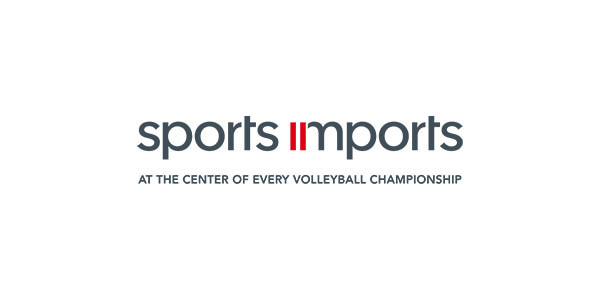

Failures are guaranteed in life and in sport, but often times, the way coaches and parents respond to failure will make a big difference.
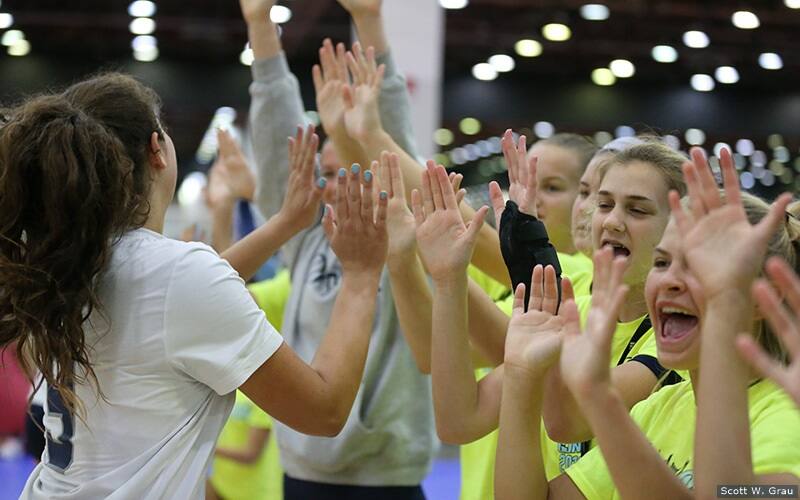
Sports are celebrated for their ability to bond families and teams. But those rock-solid relationships are only formed when there is gratitude and respect.

The first semester is just about over. How did you do? If you want to improve in the spring, follow the advice of junior player Kendall Kipp, who is headed to Stanford next fall.
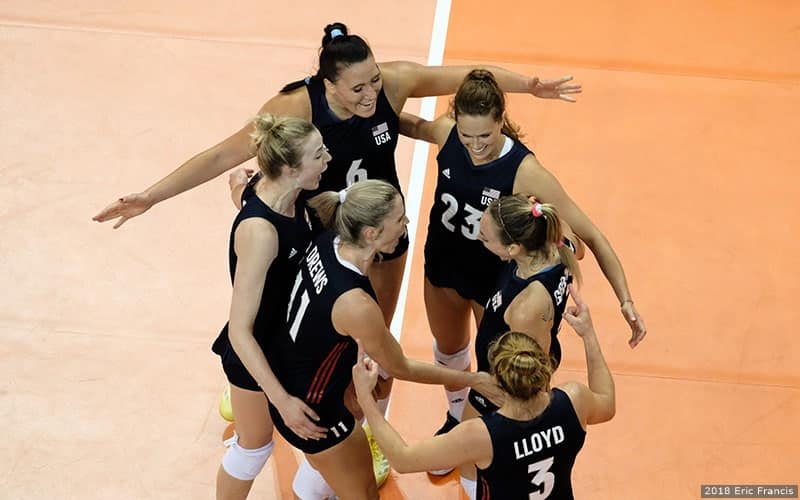
We all love to win, but face it, at some point we are all going to lose. Learning to deal with defeat is a huge part of becoming a winner.
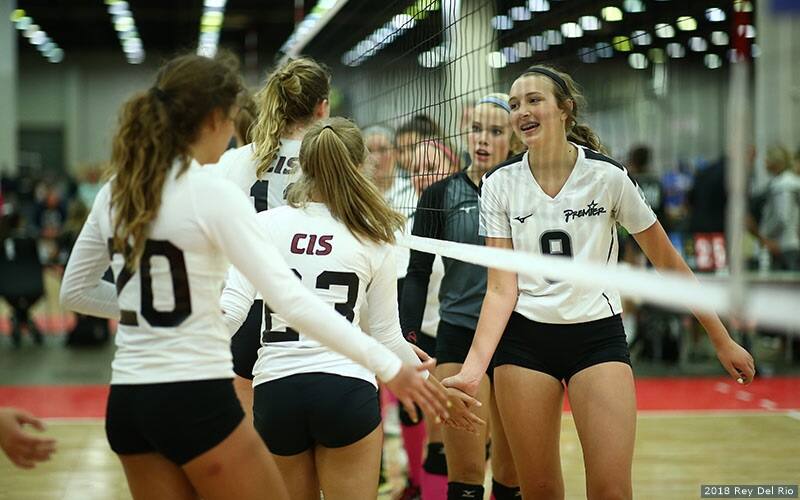
Coaches and parents can work together for a great experience. It just takes communication and understanding.
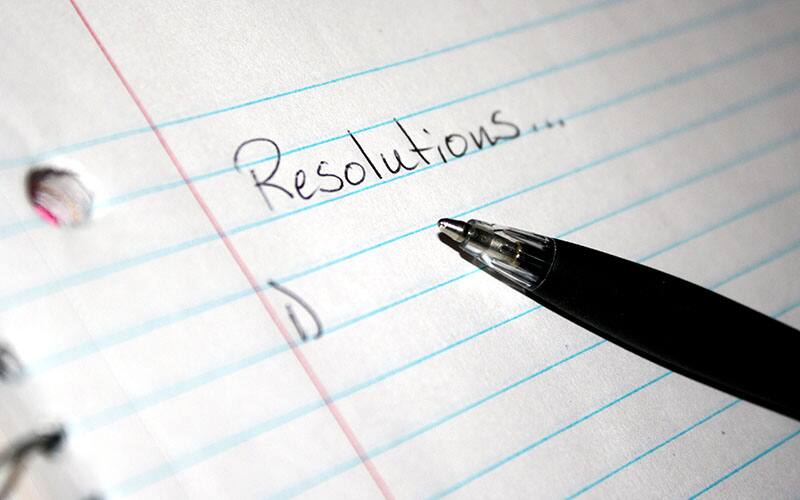
Goal-setting, especially as part of your family, can help teach positive lessons, so why not try resolutions?
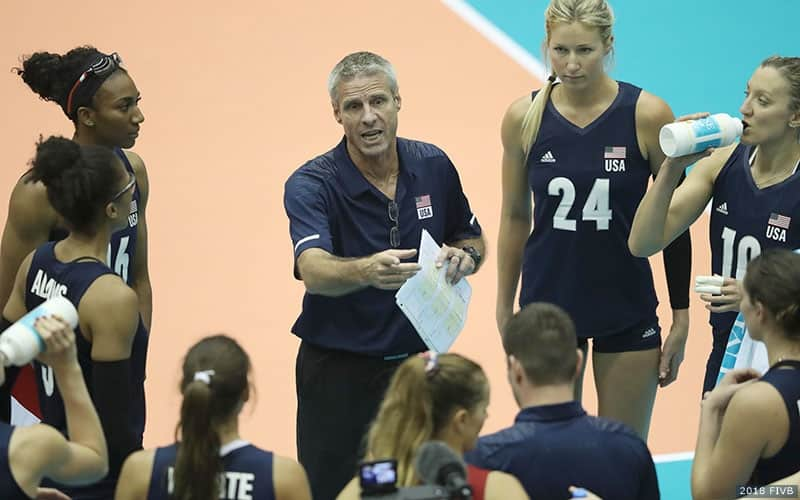
In the USA gym, players and coaches are all about a can-do attitude, including using learning to be better.
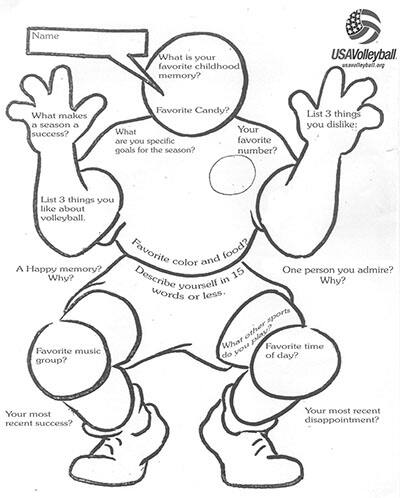
John Kessel is about to embark on another season of coaching, and he reminds you that being a caring coach is of utmost importance.

It's easy to see why a player might think energy drinks are the answer to get them through those long days of schools and practice. In reality, they can cause serious harm.
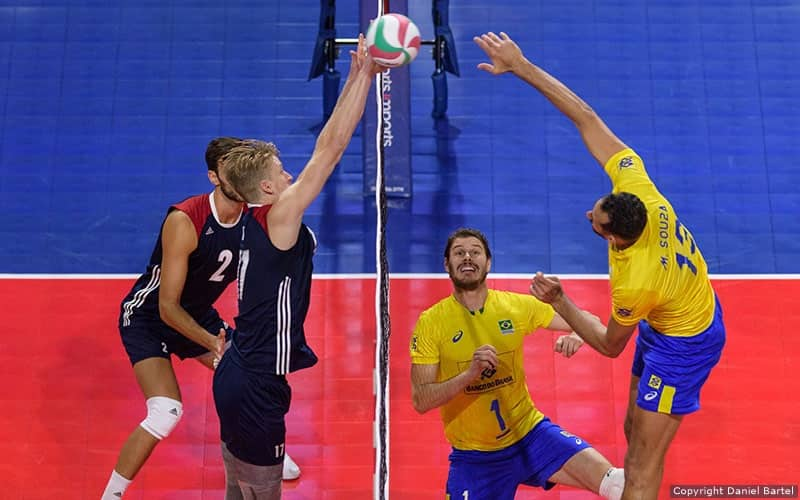
Tips from U.S. Men's National Team head coach John Speraw, Olympian Christa Dietzen and more.
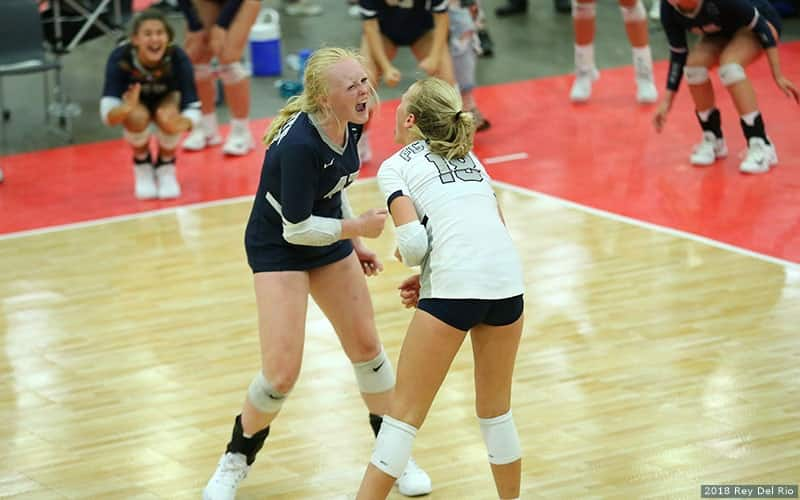
While accountability may start with coaches, when players hold each other accountable, great things happen.
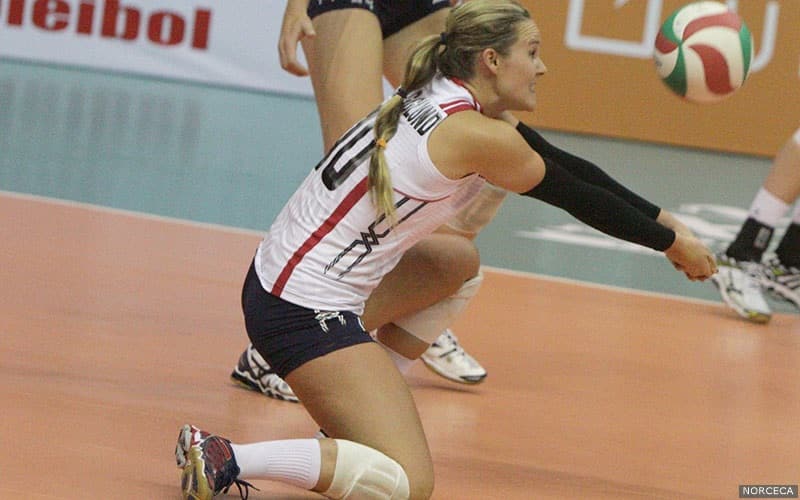
Want to get the most out of your potential? Learn to play the whole game. Tips from former USWNT libero Natalie Hagglund.

Most people recognize that being an official is a difficult, and often thankless job. Why do we sometimes make the job harder for them?
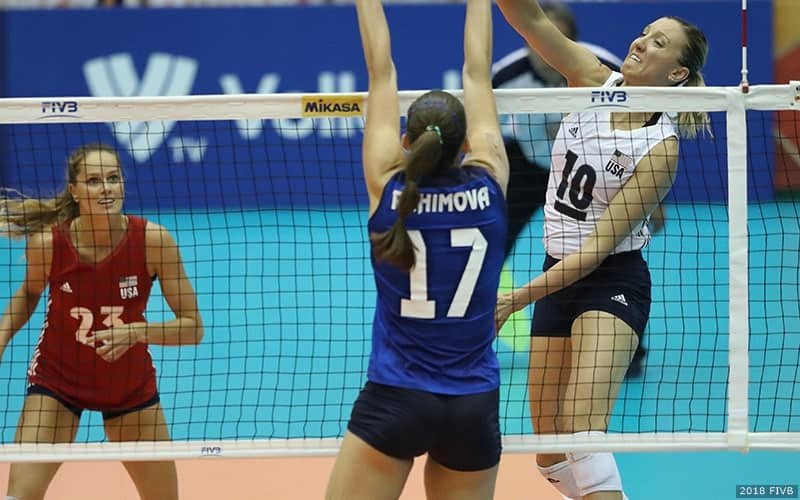
Jordan Larson, Karch Kiraly and Theo Brunner all offer tips for how you can be a better player.
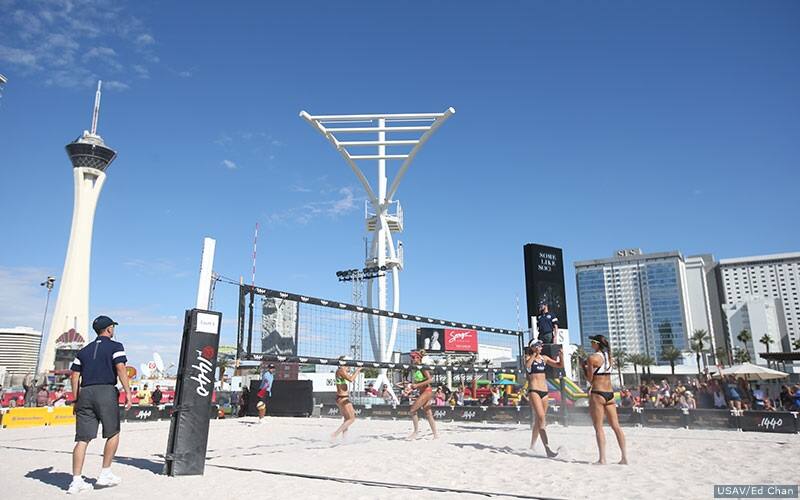
Get the tips them watch Tri Bourne/Trevor Crabb play Russia for the bronze medal in Las Vegas
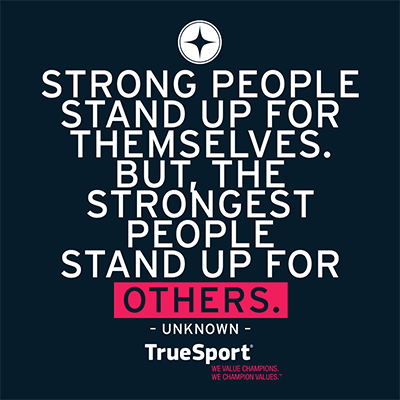
Volleyball is a great environment for learning teamwork, developing confidence and building character, but unfortunately it is not an environment immune to bullying.
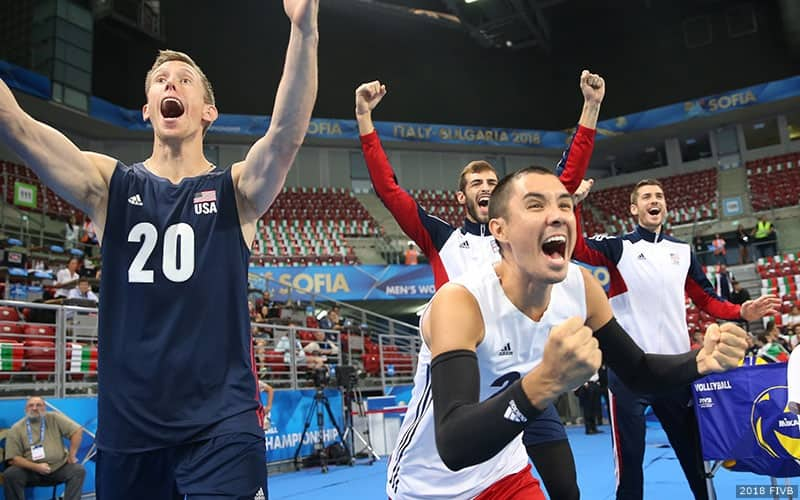
Coaches can help their athletes achieve goals by teaching them about positive self-talk and affirmations.
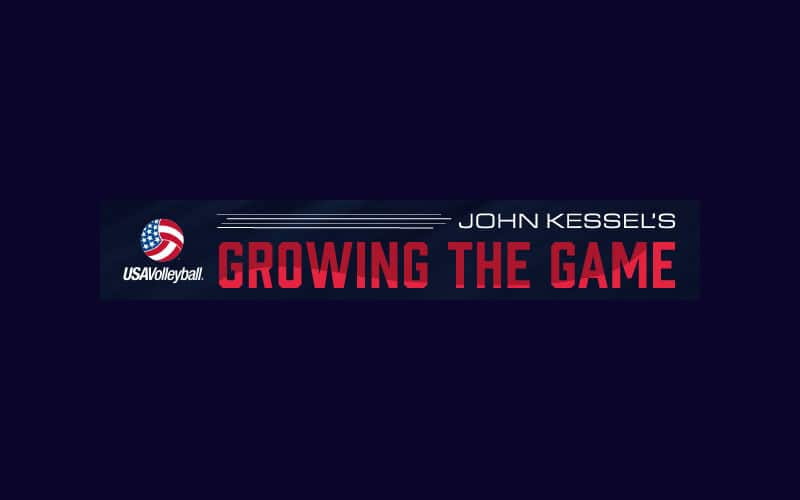
Teams lose. Sometimes they lose badly. Where do you go next when your team is down?
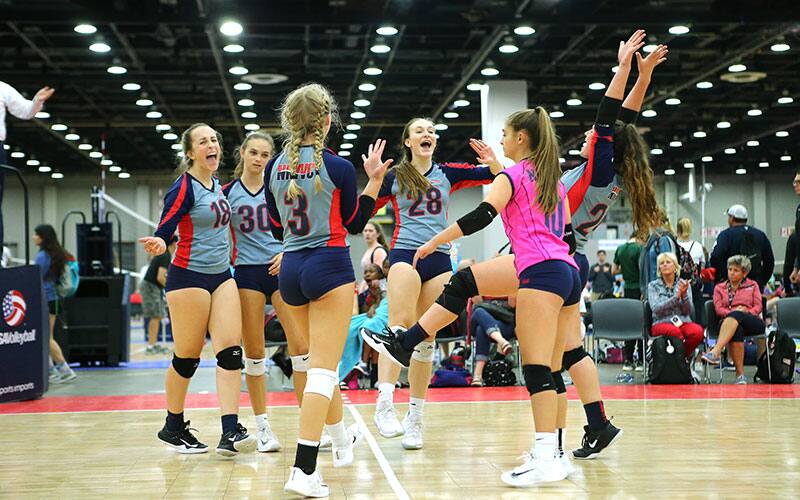
If you are a coach of an injured athletes, here are tips for keeping recovery on track.
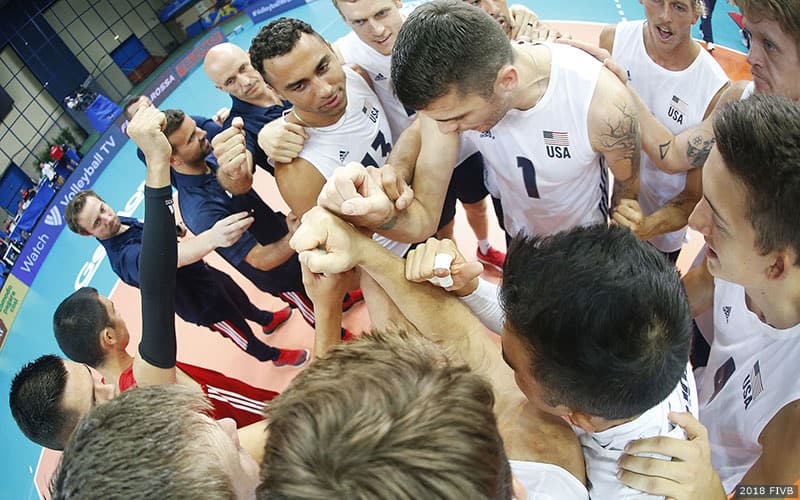
At the beginning of every season, you and your teammates set goals for the year. But are they the right kind of goals?
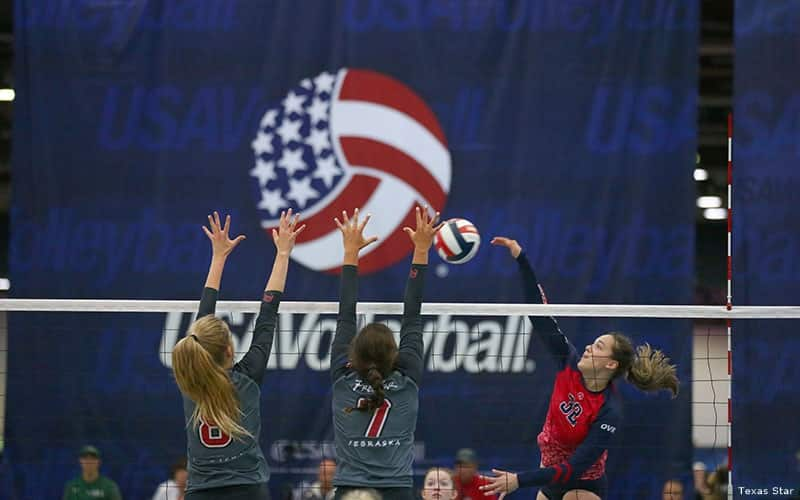
Look at your own coaching philosophy? Are you coaching the players you have? Or are you coaching the players you wish you had?